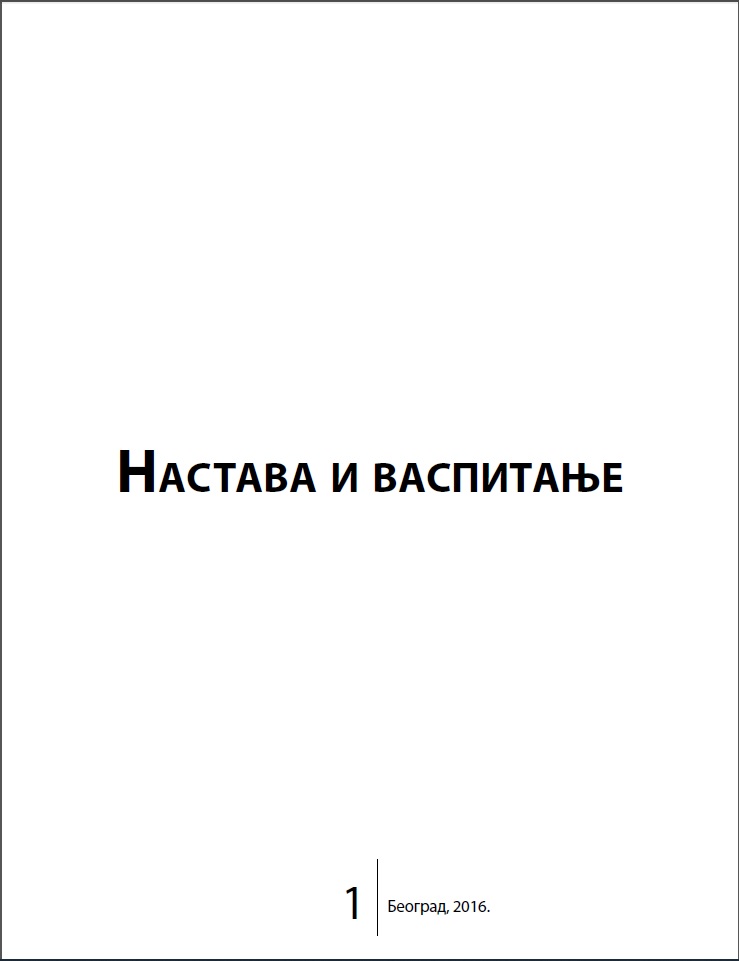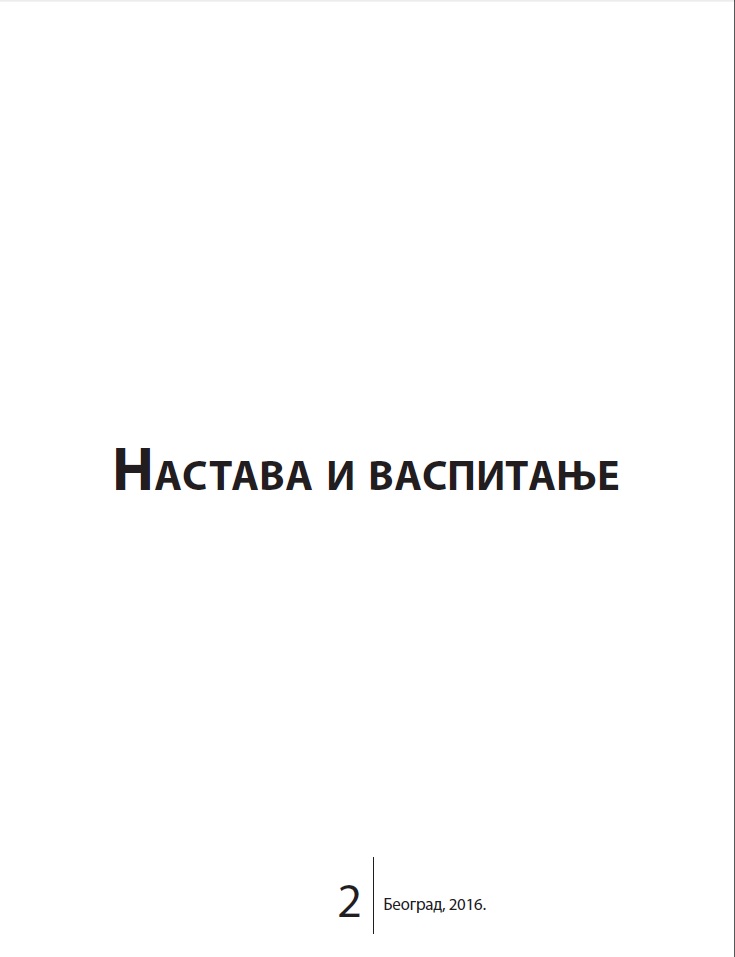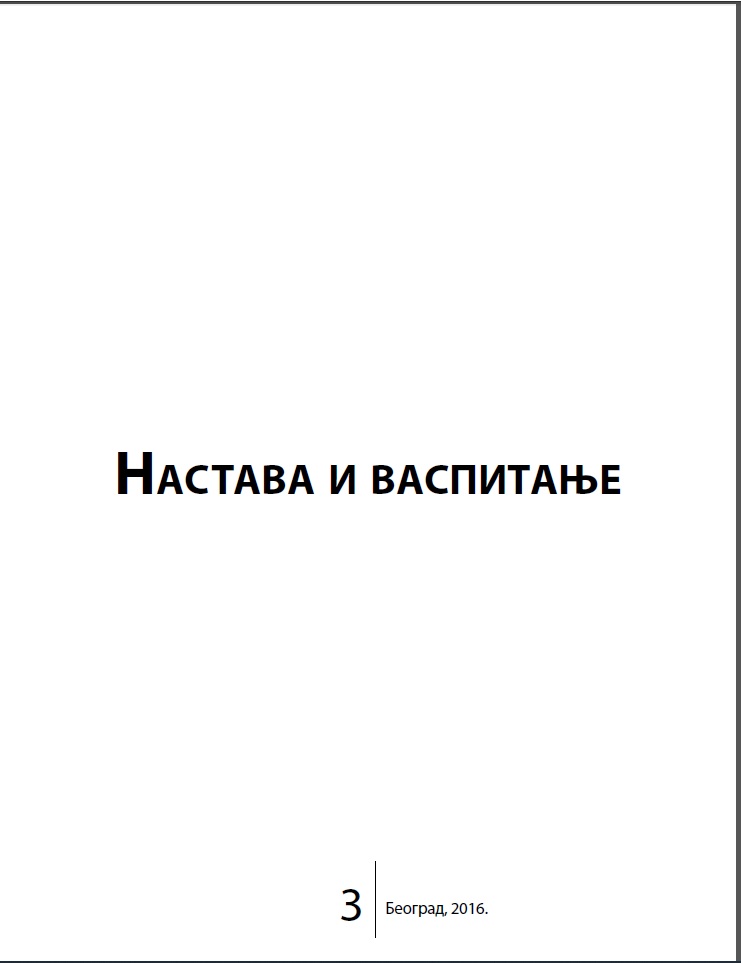
Intercultural dimensions of education
The paper discusses the development and the conceptualization of intercultural education, particularly within the Central-European pedagogical tradition. The author defends the thesis that intercultural education needs to be developed within the tradition of critical pedagogy, and linked to the main topicalities of pedagogical research, namely that of general theory of education and didactics. Intercultural education should therefore address the power inequalities of the education system itself, which primarily involves implementing a multi-perspective and anti-bias curriculum and creating a democratic, pluralistic, inclusive school ethos. Moreover, intercultural education is not defined as a specific pedagogical discipline, but as a pedagogical principle which guides the processes of planning, implementing, and evaluating education at the systemic, curricular, school, and classroom levels to enable recognition and empowerment of all minority groups. The paper concludes with a brief discussion on pedagogical measures to support intercultural education, including the role of the teachers.
More...

